 |
| The famous manager's house at Stromness. On 20 May 1916, Sir Ernest Shackleton knocked on this door after his heroic open boat journey from Elephant Island. (Roderick Eime) |
The history of whaling in and around South Georgia is a blood-curdling tale of brutality and exploitation that remains a blemish on the environmental record of mankind.
Today the remains of the whaling stations and their supporting infrastructure serve as memorials to this bleak period in history when the world’s great whales were hunted to the brink of extinction by greedy whalers seeking to maximise their catch without any thought for preserving these beautiful animals.
Looking for a cruise to South Georgia?
|
Many polar explorers used South Georgia as a supply base prior to their Antarctic missions. Most notable among them was Sir Ernest Shackleton, who remains buried there in the whalers’ cemetery. He had died aboard his ship Quest while enroute to South Georgia in 1922. Captain Frank Hurley, Sir Hubert Wilkins and Captain James Cook also have ties to South Georgia, with Cook claiming the islands for Britain in 1775.
Related story: Sub-Antarctic Renaissance
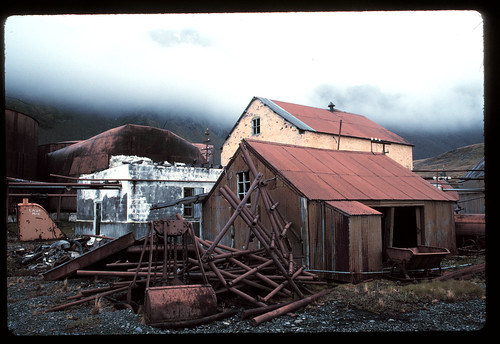
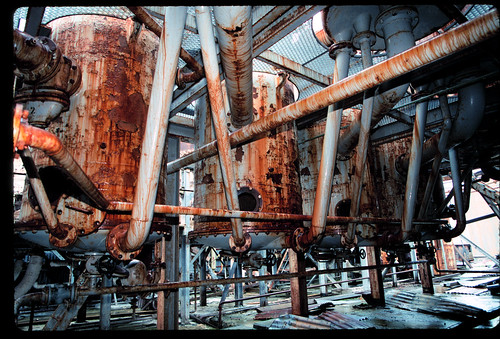
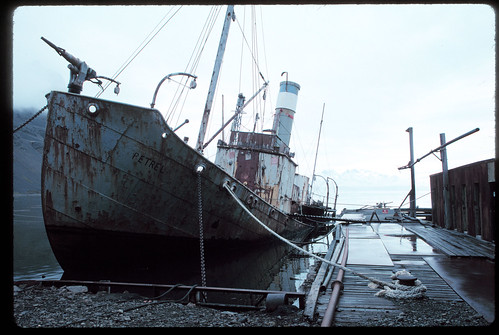
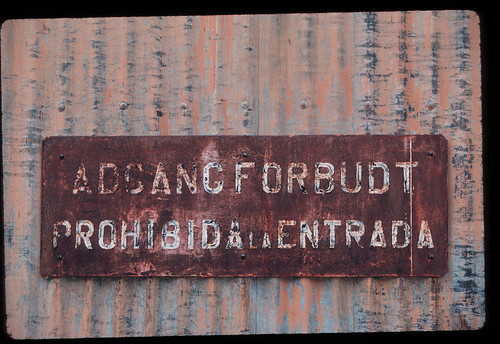
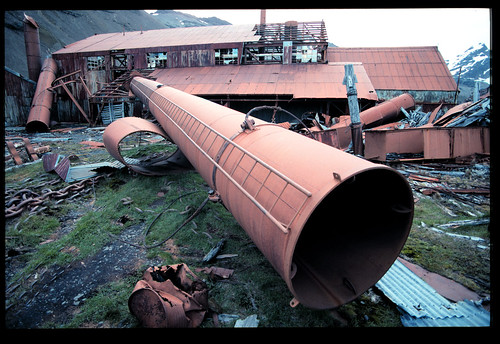
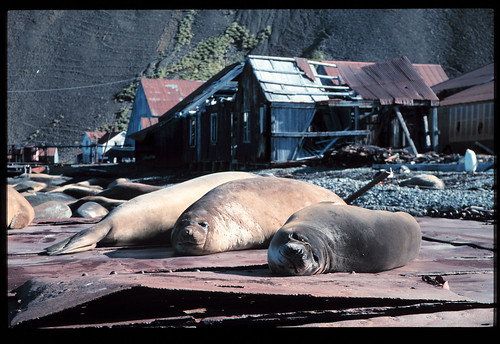
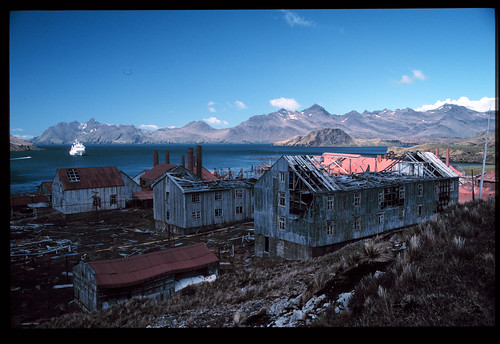






No comments:
Post a Comment